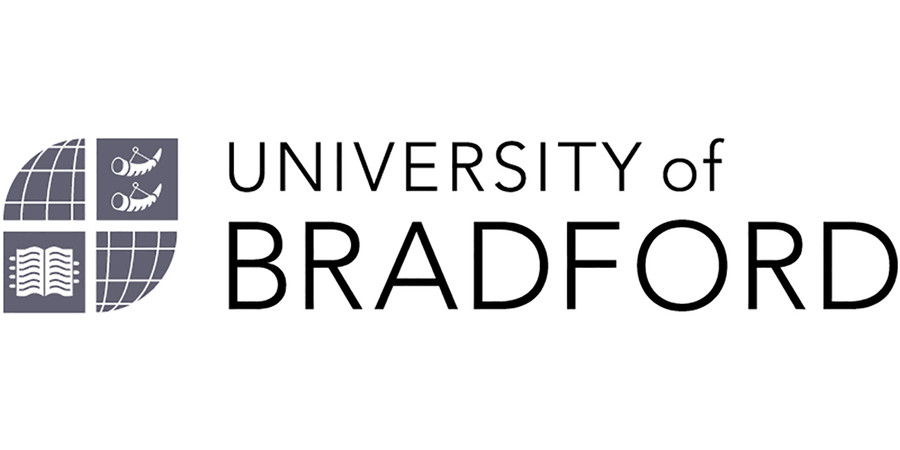PhD Studentship in Medicinal Chemistry: A Bifunctional Prodrug to Overcome Acquired Oxaliplatin Drug Resistance in Colorectal Cancer
University of Bradford - Faculty of Life Sciences - Institute of Cancer Therapeutics Doctoral Training Centre
| Qualification Type: | PhD |
|---|---|
| Location: | Bradford |
| Funding for: | UK Students, EU Students, International Students |
| Funding amount: | £19,795 per annum 2025/26 |
| Hours: | Full Time |
| Placed On: | 23rd January 2025 |
|---|---|
| Closes: | 30th April 2025 |
Project Description
This is one of two new fully funded PhD studentships in the Institute of Cancer Therapeutics Doctoral Training Centre (ICT-DTC) at the University of Bradford. Focused on the generation of new anticancer prodrugs, the ICT-DTC has been created following a major £2m investment by ICT spin-out company Incanthera Ltd.
Project Background
Acquired drug resistance is a considerable problem for the treatment of colorectal cancer (CRC), of which oxaliplatin is a key component, with little improvement in the ~65% 5-year survival rate over the past 25 years. Modulation of resistance pathway component expression can maintain tumour drug sensitivity during multiple cycles of treatment, minimising chances of the tumour becoming resistant, and one would ideally want to administer the modulator specifically to the tumour at the same time as the drug. In preliminary cell-based studies we have identified compounds that can reduce resistance to oxaliplatin. We have previously demonstrated that a matrix-metalloproteinase 1 (MT1-MMP) activated peptide-based prodrug can differentially release a drug payload in a CRC xenograft model, and this prodrug platform has flexibility to be applied to other payloads.
Aim
To develop a bifunctional MT1-MMP-activated peptide prodrug which will minimize acquisition of resistance and improve efficacy of oxaliplatin in CRC patients.
Focus
Design and development of a prodrug incorporating oxaliplatin and a modulator of the resistance-causing survivin, LQZ-7I, with optimisation of formulation for intravenous administration. Following confirmation of differential tumour release in ex vivo studies, in vitro and in vivo proof-of-concept in CRC resistance models will be evaluated.
Main skills
Medicinal chemistry; drug metabolism analysis; in vitro and in vivo preclinical pharmacological assays.
Relevant papers
Atkinson, J.M et al. Cancer Research, 2010, 70, 6902-6912 (10.1158/0008-5472.CAN-10-1440); Gill, J.H et al. Molecular Pharmaceutics, 2014, 11, 1294−1300 (DOI: 10.1021/mp400760b)
Who should apply
Applicants with a passion for medicinal and/or synthetic chemistry, and cancer drug discovery. Candidates should have, or expect to obtain, a first or good upper second-class degree (or non-UK equivalent) in a chemistry-based subject or an appropriate Master’s degree qualification. We are looking for applicants with evidence of laboratory experience in organic or medicinal chemistry (e.g. a significant research project), with some experience of drug analysis and/or cell-free or in vitro screening assays.
Applications are invited from UK and EU citizens. International students will require additional funding; outstanding students may be eligible for a University bursary - please enquire.
Salary
Studentships cover tuition fees, a tax-free stipend (at standard MRC rates, £19,795 per annum 2025/26) for the duration programme and writing-up (3.5 years total) and a generous research budget. A travel fund is also provided for each student to guarantee participation in a national and international conference. Funding for specific training courses is also included in the DTC.
Enquiries email name and address
For informal enquiries, please contact Dr Steve Shnyder (s.d.shnyder@bradford.ac.uk).
For further information about the Institute of Cancer Therapeutics Doctoral Training Centre, please contact Dr Robert Falconer, (r.a.falconer1@bradford.ac.uk) or take a look at our website www.bradford.ac.uk/ict/
How to apply
For more information and to apply on-line, please click the above “Apply” button.
Anticipated start date: September 2025
Advert information
Type / Role:
Subject Area(s):
Location(s):









